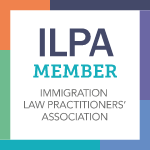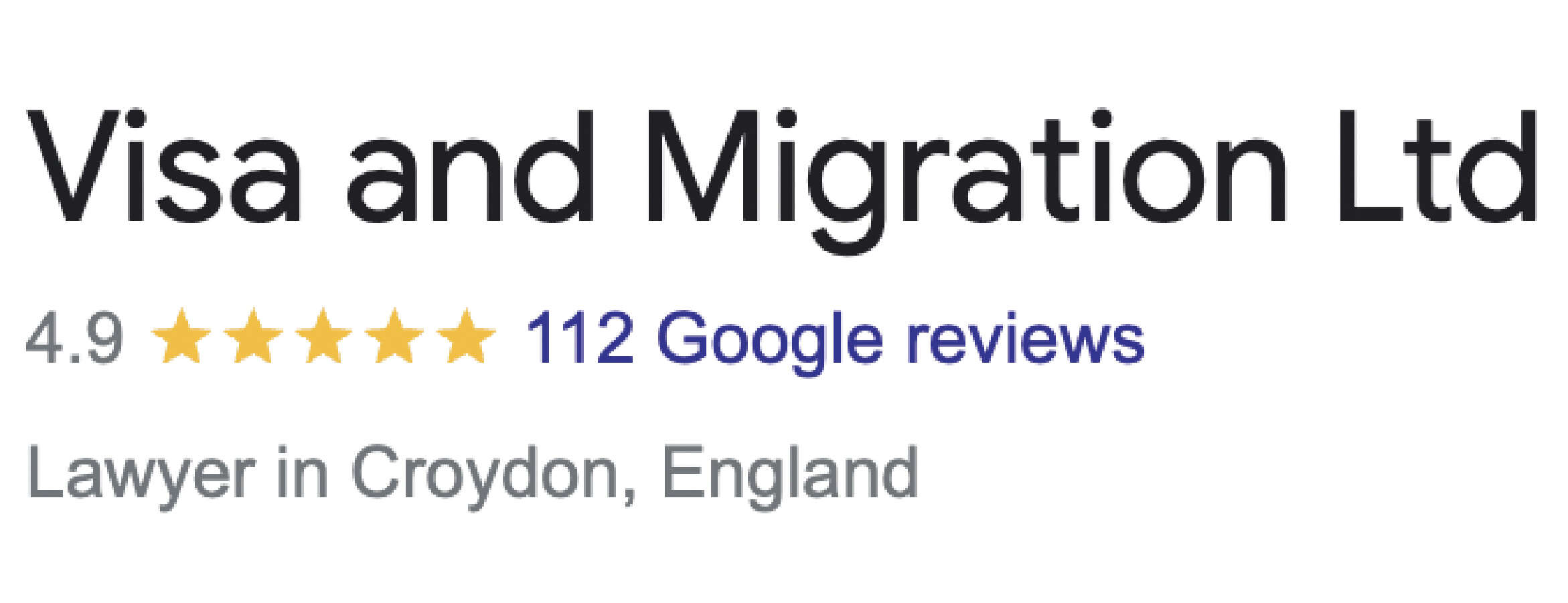
When you apply for a UK visa, it’s in your best interest to avoid common mistakes which may be grounds for your visa application being refused. But what are some of the common reasons that lead to UK visa applications being refused? If your visa application is refused, it may be frustrating, confusing and upsetting for you. But the truth is that UK visa refusal is not an occasional thing: it’s actually a regular occurrence. In circumstances where your visa application is refused, you can choose to make an appeal against it or you can choose to make a fresh application. Both of these options will cost time and money. It’s therefore very important that you avoid all common mistakes when you make your initial application, to reduce the chances of your visa application being denied. To make this process easier, here are some of the most common reasons for the refusal of UK visa applications.
It’s very important that you supply all the correct documents needed for any visa application. Depending on the visa category, a different set of documents will need to be submitted as evidence. When you’re making your application, it’s crucial that you submit documents pertaining to your visa category.
The English Language requirement means that you need to obtain a minimum score of B1 in order to gain most visas, including the General Tier 2 Visa and British Citizenship. However, there are some visas where you will be required to gain a slightly higher score of at least B2. Level B1 English is the third level of English in the Common European Framework of Reference. It equates to an intermediate standard of English and is the minimum level of communication required to meet the language criteria for most visas. In terms of everyday practice, level B1 indicates that the individual speaker knows more than just basic English but would probably struggle to work or study solely in English.
In addition to submitting the correct documentation, it’s also vital that you submit the document(s) in the correct format. Don’t just send the documents in bundles; You need to place them in the correct order, which usually means chronologically, and present them exactly as required.
When you read the official website of the Home Office, you may find their advice to be quite simple and straightforward. But you should know that these are only general outlines and don’t offer enough detail. You cannot afford to misinterpret details like a date, or to omit the original copy of an official document, as it may lead to your visa refusal.
If you think that just reading from the website of the Home Office or asking friends will make it easy for you to fill in the application form correctly, provide documents which are required in the correct format and order, then you may be wrong. You should ask specialists for advice, as they’ll have more detailed knowledge when it comes to applying for a UK visa.
Don’t make the mistake of taking the Home Office for granted. Thinking they would ignore some of your small mistakes is not the correct attitude to take. The corresponding data demonstrating a huge number of annual visa application refusals also supports the need for precision and seriousness when it comes to applications.
If you’ve had a previous issue regarding immigration or the law, then don’t choose to hide this information. Whether there’s an actual ban or you’ve spent time in prison for a certain criminal conviction, don’t be under the illusion that you can hide this information from the Home Office; they miss nothing and question everything.
It’s also very important that you apply for the correct visa category, as they’re each designed for a specific immigration purpose. You should avoid any of the aforementioned mistakes, so that the Home Office doesn’t get the chance to refuse your visa application. As every time you make a visa application, you’ll also have to pay the required fee regardless of whether it’s successful, it’s even more important that you don’t make any of the common mistakes mentioned above. In order to get expert advice on your UK visa application, contact us or learn more about appealing a UK visa refusal decision.
...



